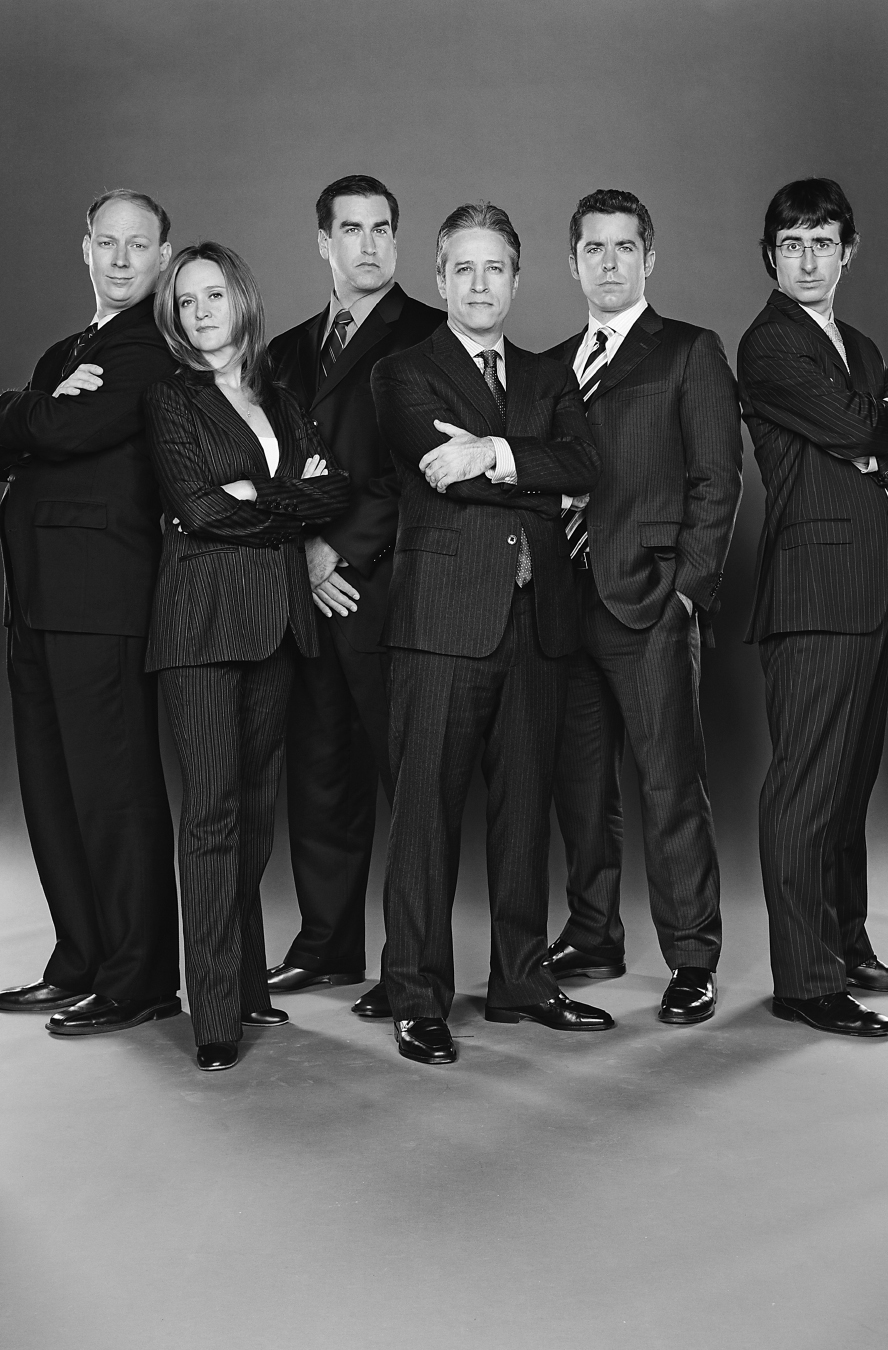APPENDIX A Competent Interviewing
Appendix
A Competent Interviewing
Page 335

IN APPENDIX A
The Nature of Interviews
Types of Interviews
The Format of an Interview
Understanding Roles and Responsibilities in Interviews
The Job Interview
 Look for LearningCurve throughout the appendix to help you review.
Look for LearningCurve throughout the appendix to help you review.
bedfordstmartins.com/commandyou
Jon Stewart interviews plenty of celebrities, politicians, and authors on The Daily Show. But some of the show’s interviews are conducted by the show’s correspondents, with a more satirical or absurd edge. For example, following a series of 2009 business scandals, correspondent John Oliver interviewed a Columbia University School of Business professor as well as MBA candidates at Harvard and MIT about the teaching of ethics in American business schools. Specifically, he wanted to know what future MBAs were learning about ethics and whether they would be willing to commit to a new business ethics oath being circulated by students from the Harvard Business School.
The interviews were presented in the serious tone of a nightly newscast. But the content was anything but serious: for example, after the professor described the ethics program at Columbia, noting that they’ve been teaching ethics for decades, Oliver responded with sarcasm: “Would you say you’re good at your job?” (The Daily Show, 2009). In the early days of The Daily Show, interviewees were sometimes taken by surprise when the correspondent pieced together clips that made them, or their cause, look foolish. But today, most interviewees are in on the joke. The MBA students Oliver interviewed were all Daily Show fans and were well aware of how their refusal to take the ethics oath might come off after the footage got through the show’s editors and producers. “We all knew what we were going into and had fun with it,” said one participant, Roy Ben-Ami. “Despite the fact that this is indeed a fake news show, it does talk about real issues and makes a point about them” (Marcott, 2009).
CHAPTER OUTCOMES
After you have finished reading this chapter, you will be able to
Define the nature of interviews.
Outline the different types of interviews.
Describe the three parts of an interview: opening, questions, and conclusion.
Devise an interview strategy from the interviewer’s point of view.
Prepare for the role of interviewee.
Secure job interviews and manage them with confidence.
Although The Daily Show’s correspondents’ “reports” are not serious, they do follow many important rules for interviews. From John Oliver and company, for example, we can learn about the roles of the interviewer and interviewee and the effects of questions and answers. In this appendix, we examine interviews from a communication standpoint—how they relate to other forms of communication, what kinds of factors are at work in an interview situation, and how all people, from recent college graduates to newscasters, can improve their interviewing skills.